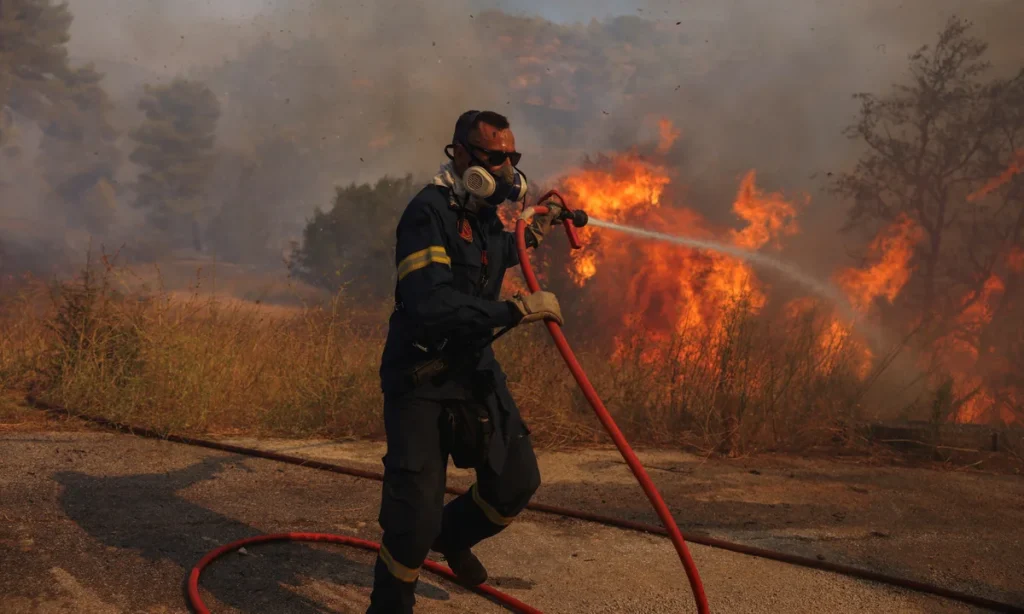Air pollution caused by fires contributes to over 1.5 million deaths worldwide each year, with the majority occurring in developing nations, according to a significant study published in The Lancet on Thursday. Researchers warn that this toll is set to rise as climate change intensifies the frequency and severity of wildfires.
The international study examined “landscape fires,” encompassing both uncontrolled wildfires and planned burns such as those used in agriculture. It found that between 2000 and 2019, fire-related air pollution was linked to approximately 450,000 annual deaths from heart disease and a further 220,000 from respiratory diseases. In total, 1.53 million yearly deaths were attributed to smoke and particulates from these fires.
More than 90% of these deaths occurred in low and middle-income countries, with sub-Saharan Africa alone accounting for nearly 40%. The nations bearing the highest death tolls include China, India, Indonesia, Nigeria, and the Democratic Republic of Congo. Illegal agricultural fires in northern India, for instance, have contributed to severe smog choking New Delhi in recent weeks.

The study’s authors called for urgent global action to reduce the staggering death toll from fire-related air pollution, particularly in poorer nations. They highlighted the disparity in the ability to mitigate exposure, with wealthier populations having access to measures like air purifiers, masks, and the means to relocate—options largely unavailable to those in developing regions.
This inequality underscores the climate injustice facing poorer nations, which have contributed the least to global warming yet bear its harshest impacts. The researchers advocated for increased financial and technological support to help affected populations adapt and mitigate the health consequences of fire-related pollution.
The study’s release coincided with UN climate talks, where developing countries criticised proposed climate funding as inadequate. It also came just days after Ecuador declared a state of emergency due to devastating forest fires that have destroyed over 10,000 hectares in the south of the country.
As the world endures record-breaking temperatures in what could be the hottest year in history, extreme weather events such as hurricanes, droughts, and floods continue to wreak havoc, further highlighting the urgent need to address climate change and its deadly effects on public health.


